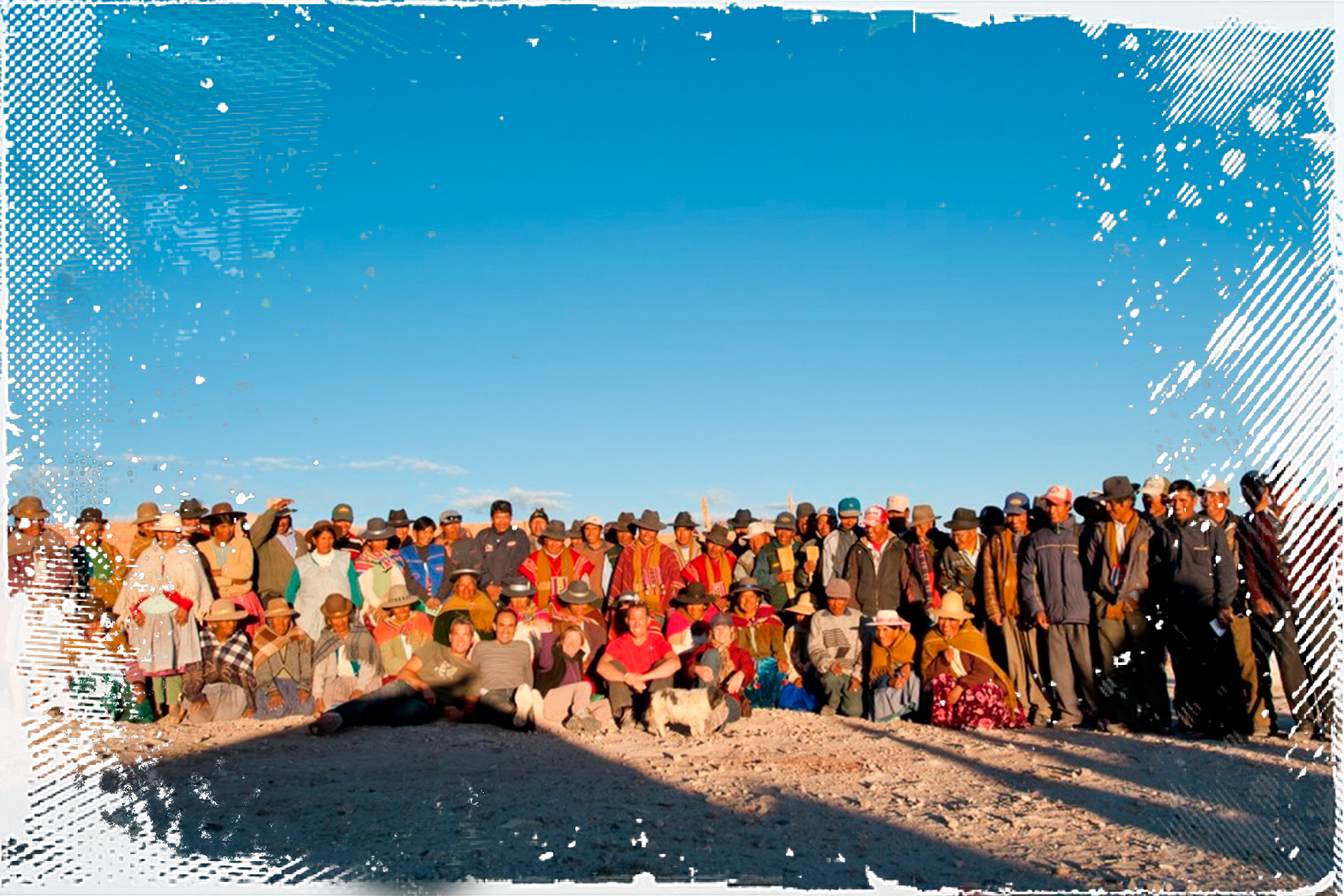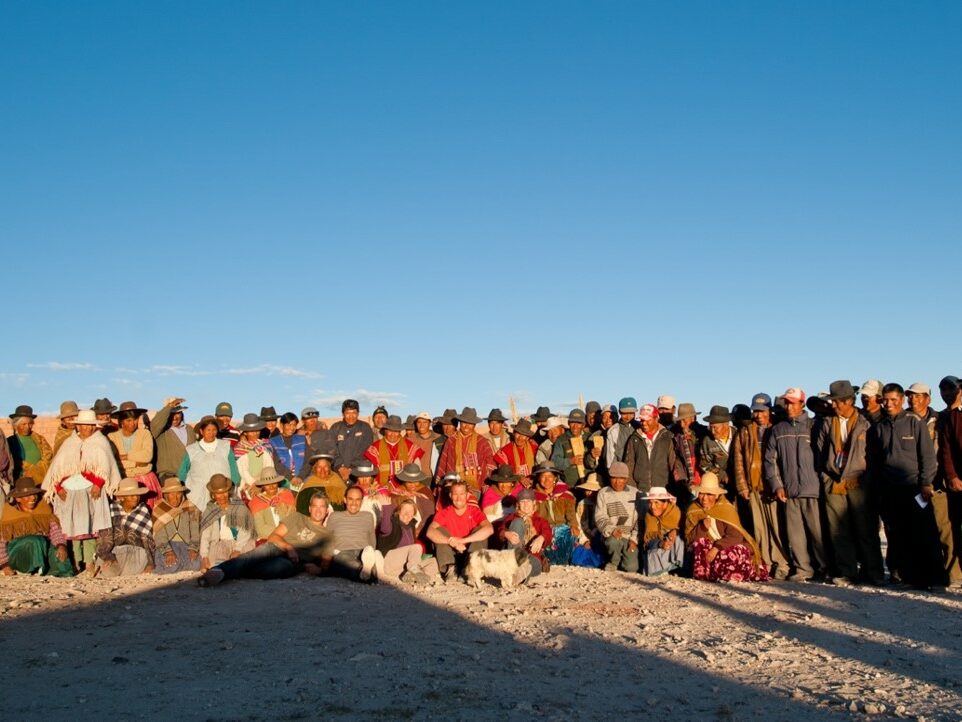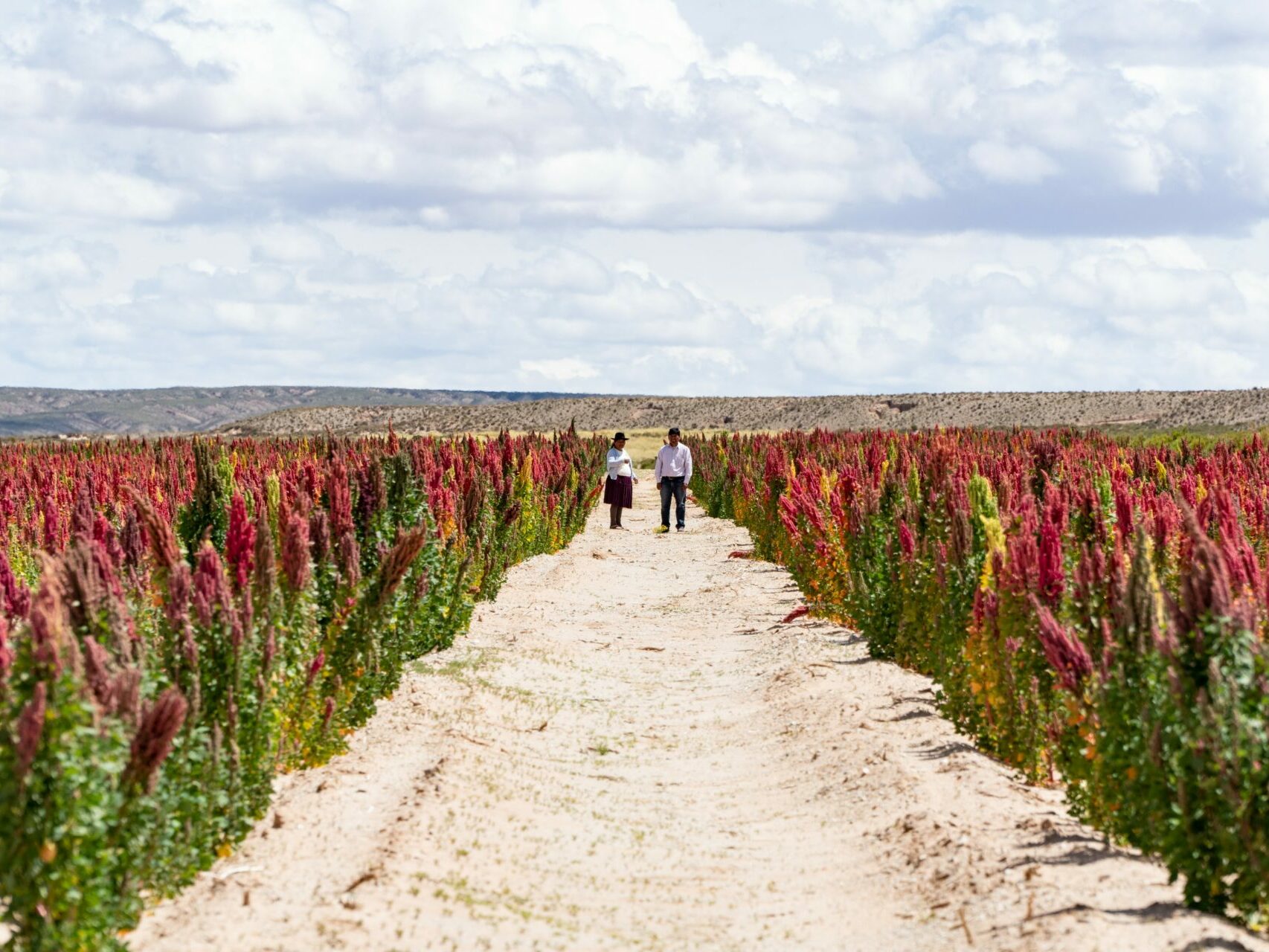
Project started: 2022
Regenerative Agriculture in Bolivian quinoa farming
The Southern Altiplano of Bolivia, celebrated for its “Royal Quinoa” production, experienced a significant shift after 2008. The once-small, subsistence-based quinoa plots expanded to larger, commercial operations, adopting modern machinery and synthetic pesticides. While it initially boosted the livelihoods of over 40,000 farmers, the change led to concerning soil degradation, reducing yields, and threatening Bolivia’s position in the global quinoa market.
Recognizing the dire state of soil health, Monchy Food Company’s (MFC) partner in Bolivian quinoa processing and exporting embarked on a mission to reverse the trend. In 2018, they initiated a “Soil Erosion Control Program”, advocating for the principles of regenerative agriculture – an innovative approach to farming that centers on soil rejuvenation.
Regenerative agriculture presents a radical shift from traditional farming, emphasizing soil vitality, minimizing synthetic inputs, and enhancing biodiversity. Witnessing the transformative power of a small compost pile rejuvenating an entire field reaffirmed commitment to working in symbiosis with the soil, harnessing its natural productivity and ecosystem balance. The realization that synthetic pesticides and fungicides were detrimental to both harmful and beneficial organisms reinforced the need for a new approach free from synthetic pesticides, fostering a harmonious coexistence between agriculture and the soil’s inherent capabilities. And not only does this regenerative agriculture methodology enhance the health and vitality of the land, but it also provides increased yields, guaranteeing sustainable long-term farming prospects for quinoa cultivators.
Monchy Trivium Foundation’s supports
Trivium recognized the profound value of this project for all stakeholders in the Bolivian quinoa value chain, emphasizing its advantages for both the environment and the community. When MFC’s Bolivian partner sought assistance for the project’s development, Trivium stepped in. Over the past year Trivium has assisted in both funding and networking to get certain parts of the project up and running. The funding and expansive network at Trivium proved to be of great help, especially in areas like training, bio-compost development, and procuring specialized agricultural equipment, such as specific chain harrows, which were inaccessible in Bolivia.
An innovative agricultural project which already shows great value for the quinoa farmers and the soil involved and proves to be of much more importance towards the future.



